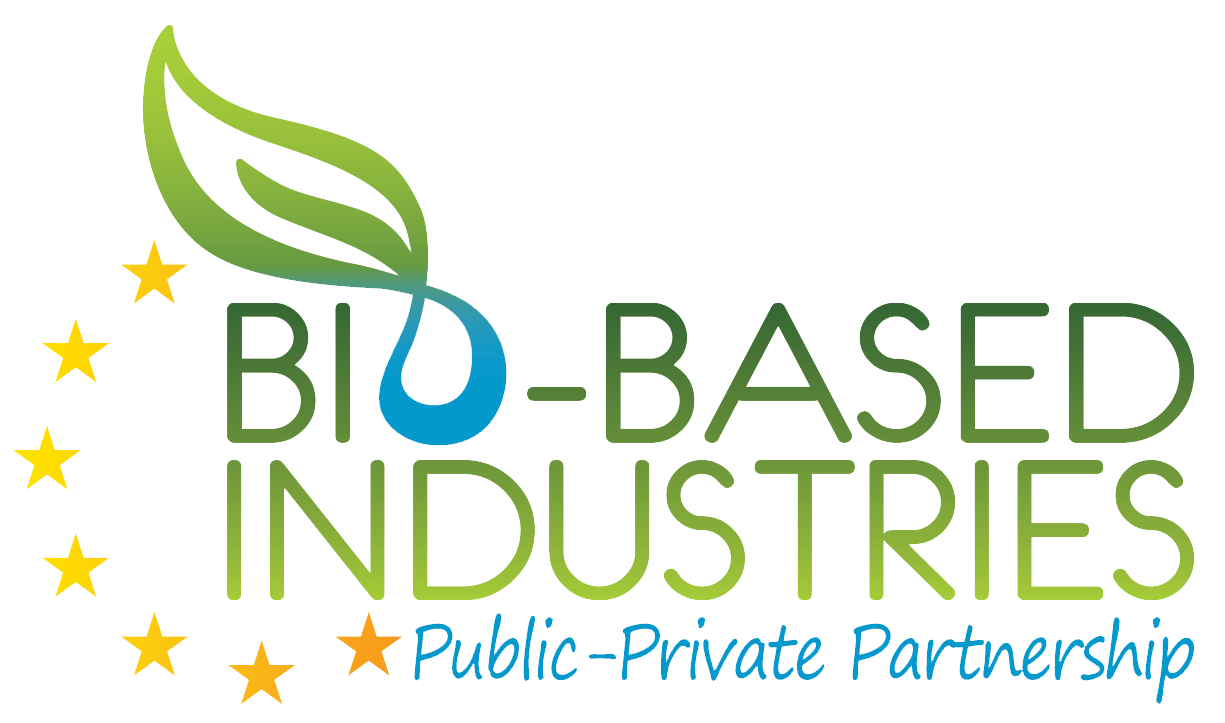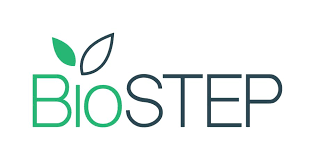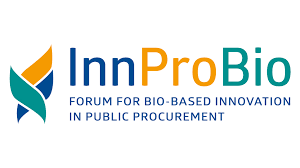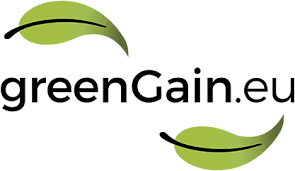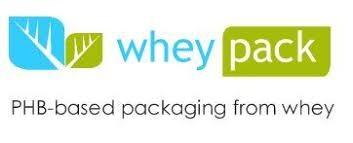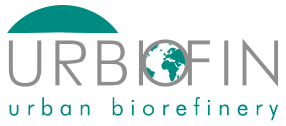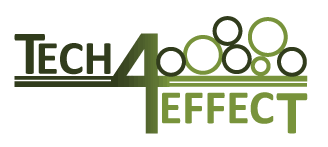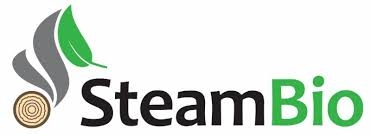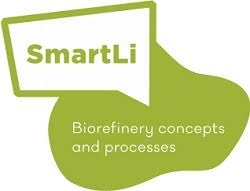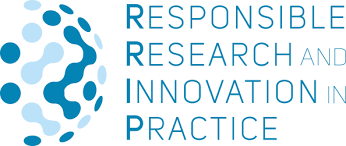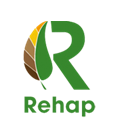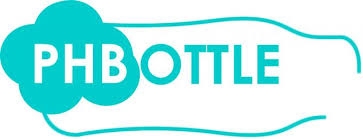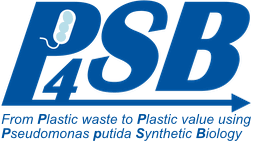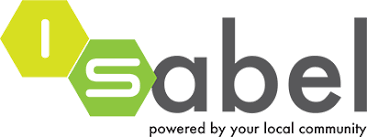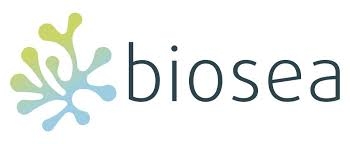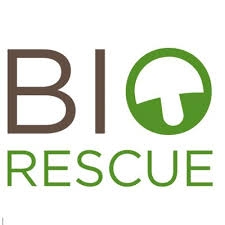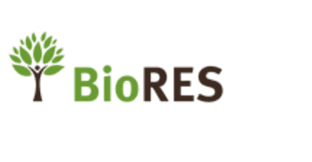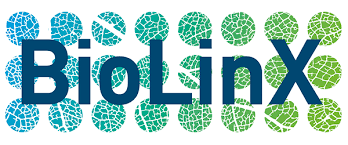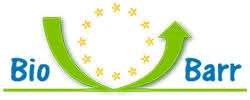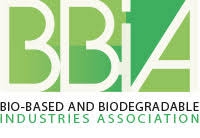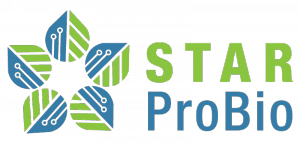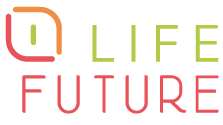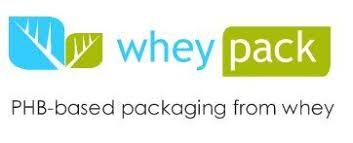
WHEYPACK project aims to demonstrate environmental and socio-economic benefits of a biodegradable food packaging material with a lower environmental impact through the reduction of greenhouse gas (GHG) emissions in comparison with current petrol-based food packaging materials. The biodegradable food packaging material selected is Polyhydroxybutyrate (PHB) obtained from a by-product (whey) that comes from the cheese industries; and produced using a process of microbial fermentation.
Whey constitutes a surplus material from dairy and cheese industries. The cheesemaking process generates, on average, for the production of one ton of cheese, 9 tons of whey.
Nowadays, the amount of whey produced, especially in the EU-27, surpass by far the food industry requirements. Only in Europe, it is estimated an annual production of 75 million tons of whey from cheese makers. Although some of this product again returns to the food chain for the production of other dairy products, a great part of whey is discarded and needs to be managed.
Hence, whey constitutes a surplus material even causing severe disposal problems for dairy industry. In that sense, an even larger surplus exists, and alternative solutions have to be developed.
Whey is composed primarily of water (approximately 85%) and contains more than half of the solids originally present in the milk, including 1% protein (20% of total protein), the major part of the lactose (between 4 and 5%), minerals (1%) and water-soluble vitamins, so it has great potential for use in other applications.
In the WHEYPACK project we have studied the technical feasibility of the bioconversion of whey into polyhydroxybutyrate (PHB) by a fermentative process by microorganisms as an alternative for the recovery of this product.
The project is one of the relevant initiatives supporting the development and uptake of bio-based products at European and regional level identified by BIOWAYS. They have collaborated with BIOWAYS by providing valuable insights into their work and meaningful evidence and information regarding a series of areas such as their expected outputs and market uptake, the legislation and policy framework that affects them, the user’s perspective on their outputs and the impact, visibility and exploitation potential of their project/outputs.
